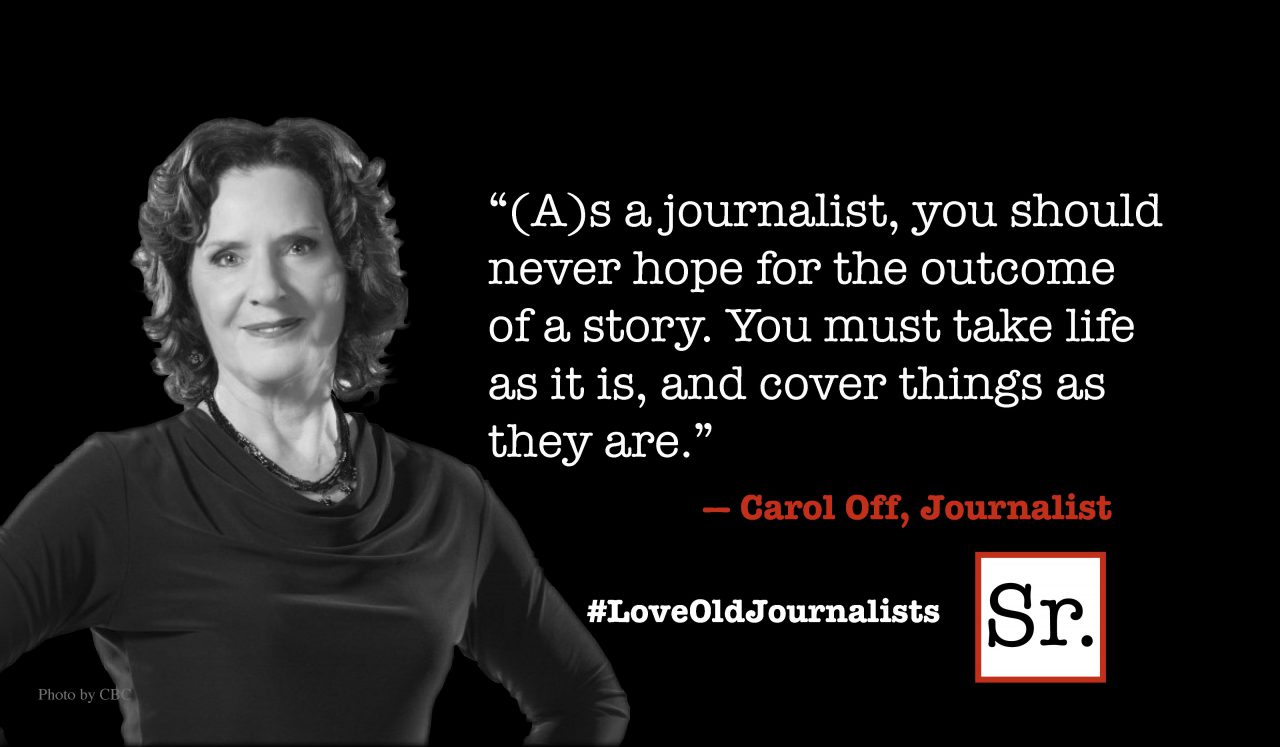Q. What is the French paradox?
The paradox is that the French eat a lot of saturated fat, but have relatively low rates of heart disease.
When the French paradox is discussed, the robust consumption of red wine in France is often given as the explanation for the paradox.
The term French paradox was coined by a scientist at Bordeaux University in France. More than 700 million bottles of wine are produced every year in the Bordeaux region of France. Do you smell the bouquet of conflict of interest?
The wine explanation for the French paradox is in dispute. There is evidence that wine has health benefits, but there have been no direct comparison trials to determine the specific effect of wine or other alcoholic beverages on heart disease or stroke.
But, before I hearten all you oenophiles, here’s the position of the American Heart Association:
How alcohol or wine affects cardiovascular risk merits further research, but right now the American Heart Association does not recommend drinking wine or any other form of alcohol to gain these potential benefits. The AHA does recommend that to reduce your risk you should talk to your doctor about lowering your cholesterol and lowering high blood pressure, controlling your weight, getting enough physical activity and following a healthy diet. There is no scientific proof that drinking wine or any other alcoholic beverage can replace these conventional measures.
Okay, now for the information that could be comforting to those of us who like our cabernets and pinot grigios.
There have been many studies about how drinking alcohol may reduce deaths from heart disease. Much of the research has focused upon wine.
The reduction in heart-disease deaths may be caused by resveratrol, a substance found in the skin of grapes, especially purple and dark red grapes. Because red wine is made with the pulp and skins of grapes, red wine contains more resveratrol than white wine. The skins of grapes are removed during the making of most white wines.
However, recent research indicates that the pulp of grapes has health benefits, because there are other substances in the flesh that can help the heart. And there’s one study that indicates that white wine is good for your lungs, too.
Resveratrol is sold in capsule form. The scientific community is divided on the merits of the capsules. Some scientists are taking the capsules, but others believe it is too soon to take the wine ingredient until we have more evidence that it is effective and safe.
Resveratrol is also found in grape juice made from dark grapes. Both red wine and dark grape juice may reduce the risk of blood clots and LDL, the harmful cholesterol. Wine and juice may also prevent damage to coronary blood vessels, and maintain healthy blood pressure.
Both red wine and grape juice also contain antioxidants that have been shown to increase your HDL, the beneficial cholesterol, and lower your risk of clogged arteries. The antioxidants may help lower blood pressure, too.
The alcohol in red wine also appears to be good for your heart. Moderate amounts of alcohol raise HDL, inhibit blood clotting, and prevent artery damage caused by LDL.
There have been recent reports, too, suggesting that red wine can make you live longer, and that a glass a day of either red or white wine may reduce the risk of developing nonalcoholic fatty liver disease.
Salute.








